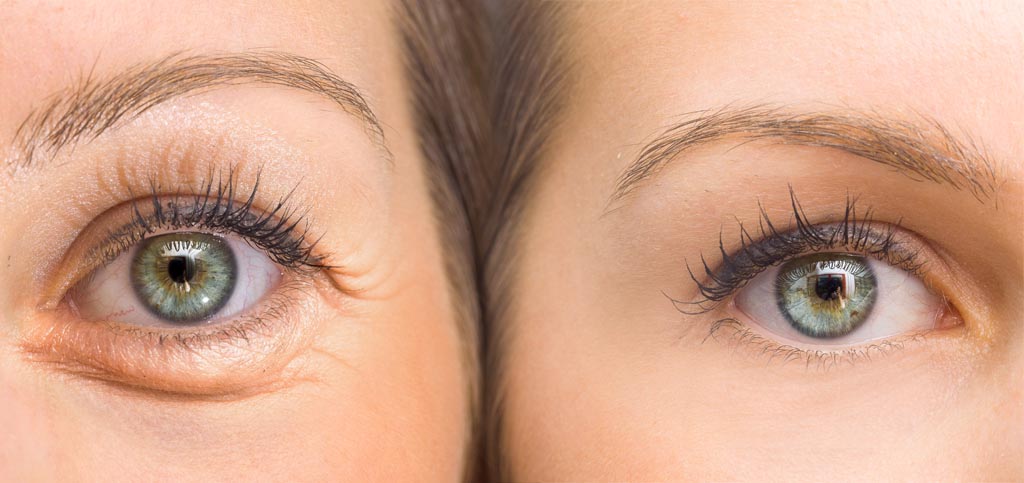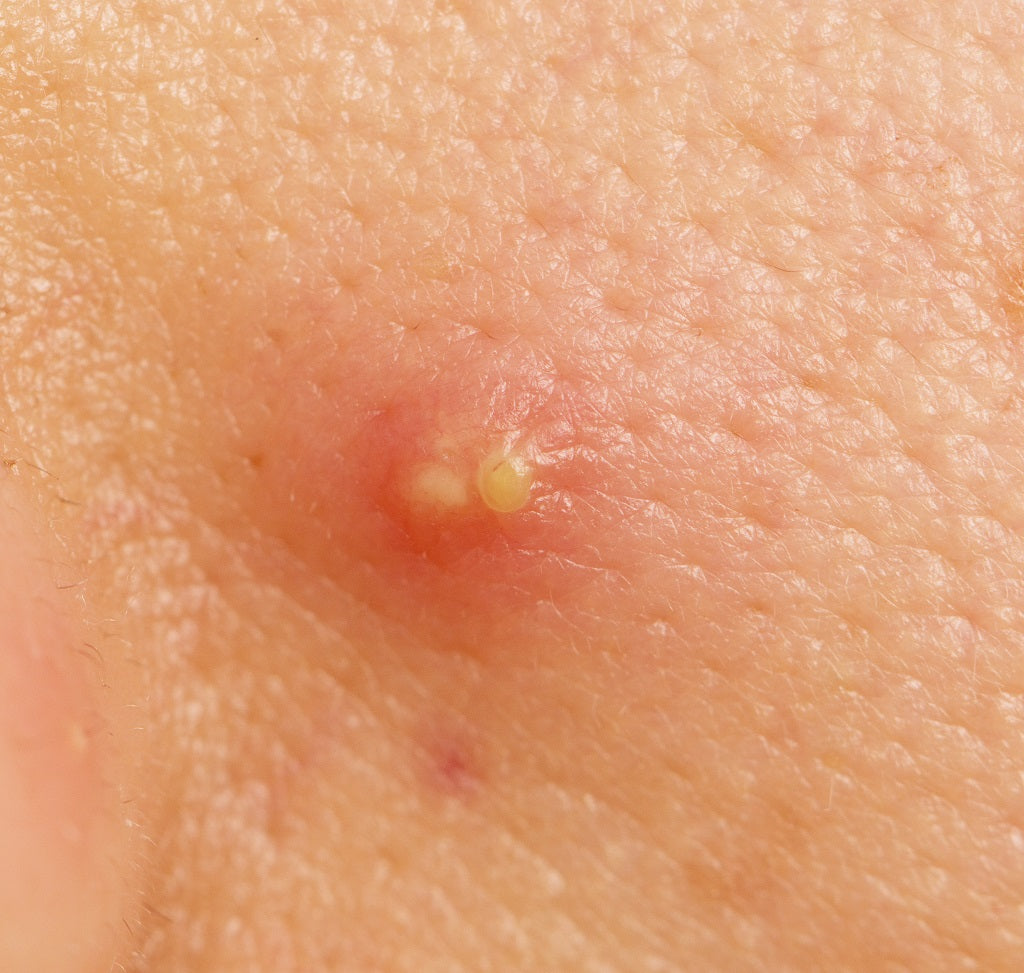Each one of us is highly prone to dental problems, given the high calorie and modern eating habits that we follow. The dental hygiene has utmost importance when it comes to preventing and curing mouth problems. Bleeding gums, bad breath and other dental diseases are mainly due to poor hygiene coupled with insufficient nutrition.
What Are Common Dental Problems And How To Treat Them?
1. Bad Breath

You might have sparkling white teeth accompanied by a gorgeous smile. But bad breath can ruin one’s self-esteem during face to face conversation. Almost everyone suffers from bad breath, at least at some point in their life, on in some hour of the day, whether they realise it or not. Medically termed as the Halitosis, there are many reasons for persistent bad breath. Oral cancer, Gum disease, dry mouth, cavities, and uncleaned bacteria on the tongue can lead to bad breath, besides other mouth problems.
Solution
Due to this high demand for relief from deplorable bad breath, Chew gums entered the market of oral care. These are blended with natural extracts of peppermint and odour inhibitors which give a quick yet temporary relief. Alternatively, you could use mouthwash to end you brushing and flossing session each day.
If you suffer from chronic bad breath, then visiting the dentist is the best option.
Also Read : 15 Helpful Home Remedies for Bad Breath
2. Tooth Decay
The tooth decay is just as common as the common cold in many individuals, more so in some of the developed countries. Tooth decay is the most easily understood dental problem ever since we all have faced it once or more. When plaque is formed on the teeth, it combines with the leftover food stuck in the crevices of the teeth. This combination is well relished by the bacteria, releasing strong acids, capable of ruining the tooth enamel.
Tooth decay can happen to people of any age group. So, if you think chocolates and sugary stuff are the culprits, you are wrong. Dry mouth can also lead to cavities. With age, your tooth enamel tends to erode slowly, making the teeth vulnerable to decay quickly. Soft drinks are another major tooth solvent.
Solution
Brushing your teeth twice a day with a regular floss is a must for good dental hygiene. It is important to avoid hard and sweet food items, as it can increase the chances of dental diseases. Visit the dentist regularly to ensure you have good dental care and also to aid in early detection and cure of cavities.
3. Gum Disease

Often referred to as periodontal disease, it is an infection of the gums and the area surrounding the teeth. It is a major cause of tooth loss among adults. Once you reach the age of 30, you can be highly vulnerable to gum diseases. Diabetes, dry mouth and smoking are known to be the most significant reasons for gum disease.
Symptoms of Gum diseases are usually bad breath, bleeding gums, sensitive teeth and a swollen mouth. The two major stages of a total gum disease are Gingivitis and periodontics.
Solution
A regular routine of proper dental hygiene such as brushing twice a day and flossing can help prevent gum diseases. A healthy diet with loads of Vitamin C enriched foods can help prevent and cure gum diseases.
Make sure you visit your doctor as soon as you feel your gums are weak and painful.
4. Mouth Sores
The pesky mouth sores can be a lot painful. It is common for us to have mouth sores when we include high sugar foods in our diet. Also, when the body heat increases over the tolerable limit, the body produces mouth sores as a part of healing.
The most common kinds of mouth sores are Canker sores, which occur inside the mouth. Unless the mouth sore remains for more than a fortnight, it is nothing to worry much about. It is non-contagious and can easily disappear on its own without any treatment.
Fever blisters (also known as cold sores) are caused by the Herpes simplex virus. It is known to be formed on the edge of the lips and is highly contagious. They can occur frequently but are not completely treatable/ curable.
A yeast infection called the Candidiasis is a type of mouth sore that can occur in infants and patients during cancer treatment.
Solution
Mouth sores can be prevented by a healthy diet and a good maintenance of the body heat. Oral hygiene plays a significant role to avert bad breath during the occurrence of mouth sores. Immediately visit the dentist, if any mouth sore lasts for more than 2 weeks period.
5. Dental/ Tooth Erosion

Discoloured teeth is an indication of teeth or dental erosion. Overexposure to chilled soft drinks and sugary foods can aggravate the process of dental erosion. Over-enthusiastic brushing in wrong ways can pave a way to tooth enamel erosion. A good dental hygiene and habit can avoid tooth erosion.
Just like cavities, once the tooth enamel has eroded, you cannot replace it. Therefore, prevention is the only cure. Moreover, tooth erosion can lead to severe teeth sensitivity.
Solution
Opt for water-based fruit drinks and ensure you have good dental hygiene. Use a soft brush with flexible bristles. Regular dental checkups can help you in the early detection of tooth erosion. Prevention is the only permanent solution for tooth erosion.
6. Dry Mouth
Medically termed as Xerostomia, Dry Mouth is caused by reduced saliva in the mouth. It is known to cause discomfort and elevates the risk of tooth decay. With saliva in the mouth, the acids that cause decay are diluted and hence tooth decay is prevented. This also is a contributing factor to bad breath. Smoking and tobacco are another promoters of dry mouth.
Solution
Drink more water than the usual intake to overcome the condition of dry mouth. Avoid caffeinated drinks, tea, coffee and tobacco. Artificial mouth moisturizing gels can be used on dentists advice.
Also Read : 15 Home Remedies For Dry Mouth That Actually Work
7. Plaque And Tartar

Plaque is formed when the leftover food particles are acted upon by the bacteria to form a thick coat in between the crevices and as a layer on the teeth. This aids in tooth decay. Tartar is the hardened plaque, which is not cleaned or removed for a long time. Tartar is also known as the Calculus and forms a dark unattractive stain on the teeth. It can lead to gum diseases as well.
Solution
Flossing is the only treatment for plaque and tartar, besides regular brushing using a fluoride toothpaste. Avoid tobacco and quit smoking for faster recovery.
8. Tooth Sensitivity
When the middle part of the teeth structure, the dentin, is exposed, the teeth are said to be sensitive. Tooth sensitivity is highly the after effect of tooth erosion. The dentin consists of tubules which end with the nerve endings from the tooth pulp. As the dentin is exposed to the food, cold or hot food can potentially hurt the nerve directly. This is referred to as sensitivity.
It is usually experienced in the incisors and the canines, as it is prone to harsh brushing techniques followed by direct exposure to soft drinks and hard foods.
Solution
Regular dental hygiene with daily floss and brushing twice a day can help to a great extent. Use flexible brushes with soft bristles with a fluoride toothpaste, designed for sensitive teeth.
9. Tooth Infection (Root Canal Infection)

The root canal infection is mainly caused when the roots and the bottom of the teeth are infected by bacteria. If left untreated, the bacteria and germs fill up the root and attack the nerves along with the pulp tissue inside the teeth.
A deep crack of the teeth can be the potential cause of the root canal infection, besides an untreated tooth decay.
The most extreme situations cause highly painful abscesses. These are very evident from the facial swellings and sore gums around the damaged root.
Solution
If you visit your doctor immediately after noticing pain in your teeth, a root canal treatment can completely stop the pain. A very complex and time intensive procedure, the root canal treatment can be painful if without an anaesthetic. It is a good news that patients do not feel any pain after root canal treatment once the tooth starts to heal.
The main procedure of the root canal involves the dentist drilling a hole from the top of the infected tooth. A clear tunnel to the root is made as they insert a specially designed file and drill inside the tooth. A Suction tool is used to remove all the infected pulp and cleans the nerve area. The Process ends with filling the void space in the teeth with a tough dental material, most often the Gutta Percha. It gives the tooth the required strength and prevents the bacteria from entering back into the cleaned area.
10. Toothache
Any a persistent toothache is a clear indication of a deep underlying problem. It is the symptom of any possible tooth decay or enamel erosion or root canal infection.
Many experience a tooth loss, in mishaps and accidents which need prior attention from dentists. Broken or cracked teeth can be vulnerable to all kinds of dental diseases.
Solution
Immediately visit your dentist when you seem to have a toothache more than 2 or 3 days.
Also Read : 10 Causes and 15 Home Remedies for Toothache
In Kids
Kids are highly vulnerable to tooth decay, gum diseases, bad breath and plaque formation. Use small toothbrushes that can potentially clean your child’s teeth effectively with a toothpaste. Inculcate the habit of flossing from a young age. Using natural toothpaste for kids is highly recommended for dental as well as overall health.
In Adults
A regular and proper dental hygiene is the only preventive measure for a good dental health. In order to prevent dental diseases watch the diet you take and the potential harm it could cause to your teeth.
Tips For Good Oral Hygiene
2. Some of the best brushing techniques include:
- Using a soft toothbrush with minimal force against the teeth. Check out Bamboo Toothbrushes as they're good for the environment too.
- Brush your incisors with gentle circular motions.
- Keep your brush at an angle of 45 degrees, while brushing the inside of the teeth, against the tongue and cheeks. Hold your toothbrush straight while cleaning the molars and the premolars, and brush in circular motions.
- Direct your motions to push the brush in outward stroke to remove plaque development.
- Rinse your mouth twice after brushing to ensure the toothpaste is completely out of the mouth.
4. End your dental routine with a mouthwash to enable good breath.
5. Quit smoking or use of tobacco.
6. Use mouth fresheners and chew gums which help prevent dry mouth and bad breath.
7. Regularly visit your dentist keep mouth problems at bay.
Disclaimer: All the content on anveya.com/blogs is solely for information. It is not intended to be a substitute for professional medical advice, diagnosis or treatment. Always seek the advice of your physician or a qualified health care provider. The information, suggestion or remedies mentioned on this site are provided without warranty of any kind, whether express or implied.



